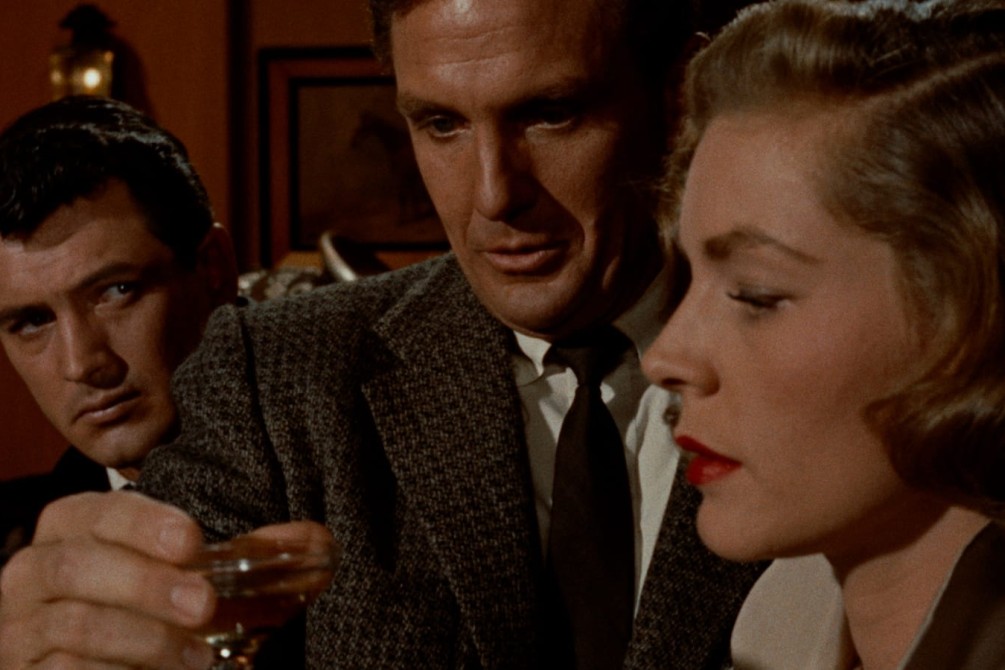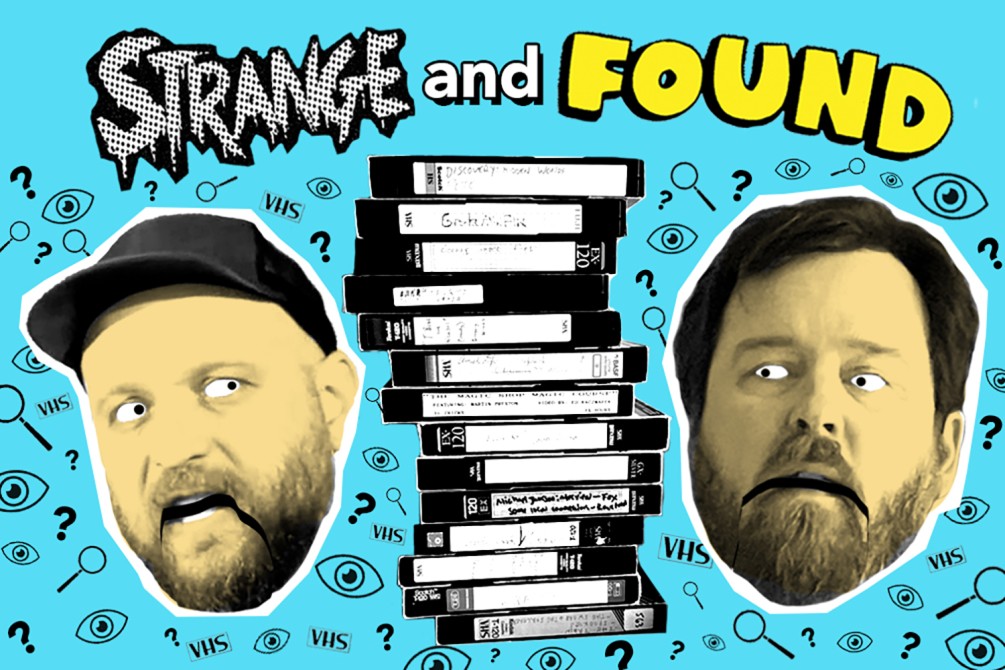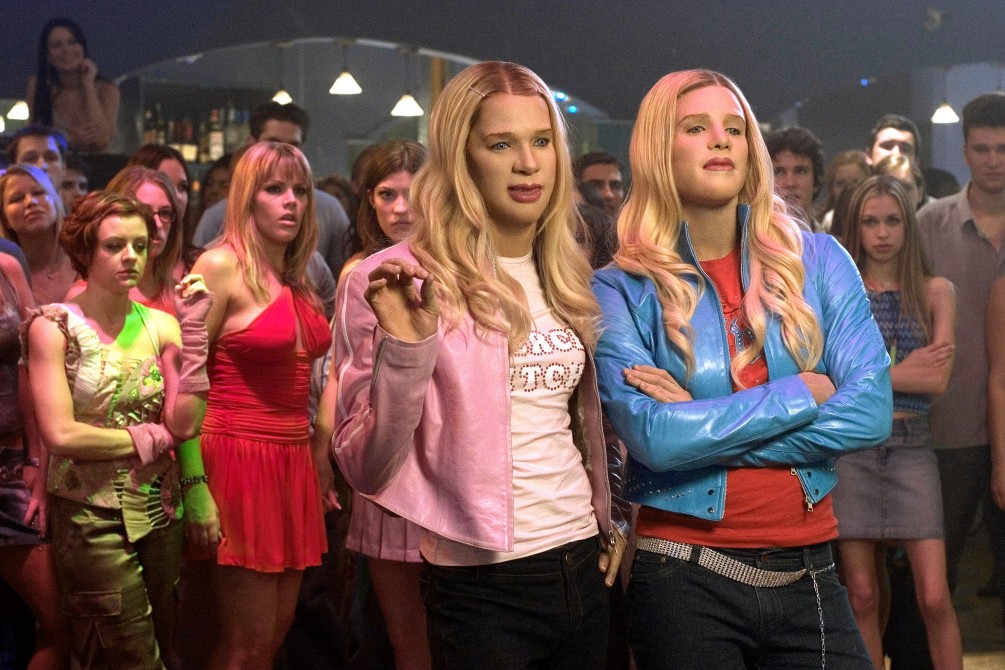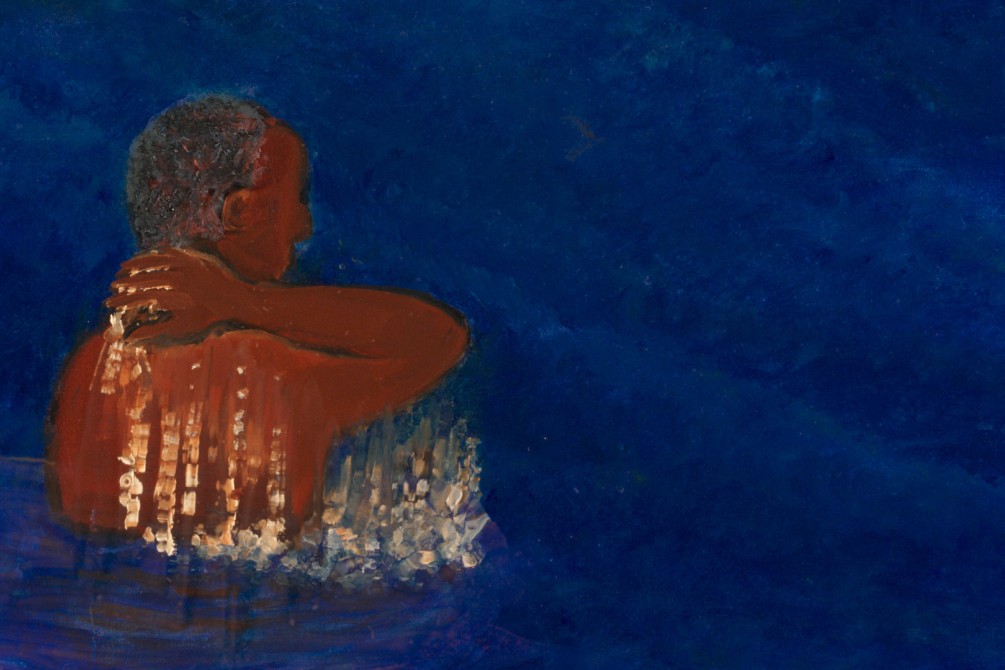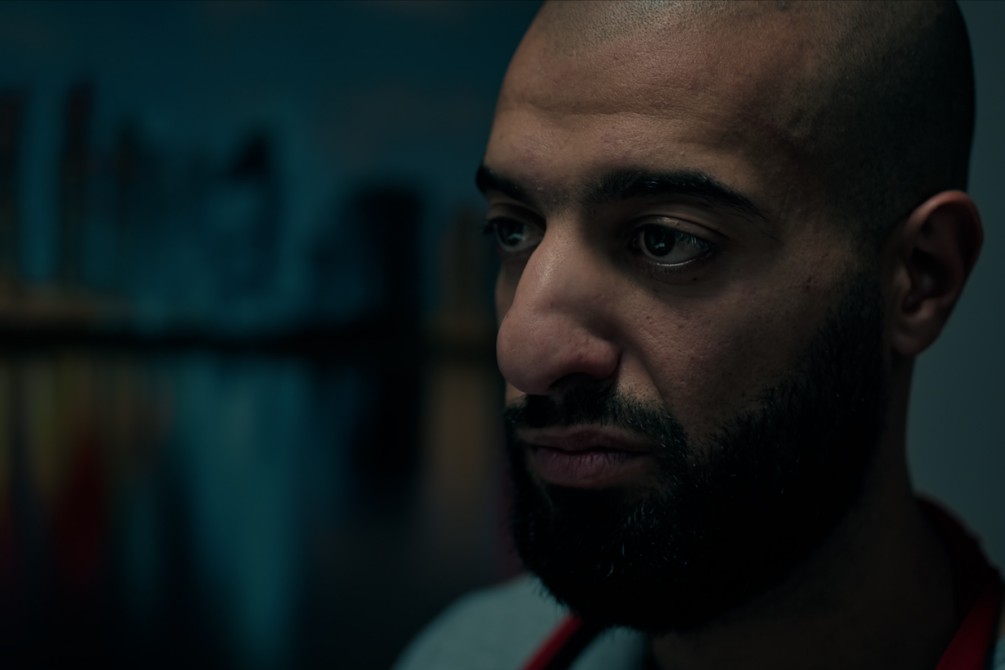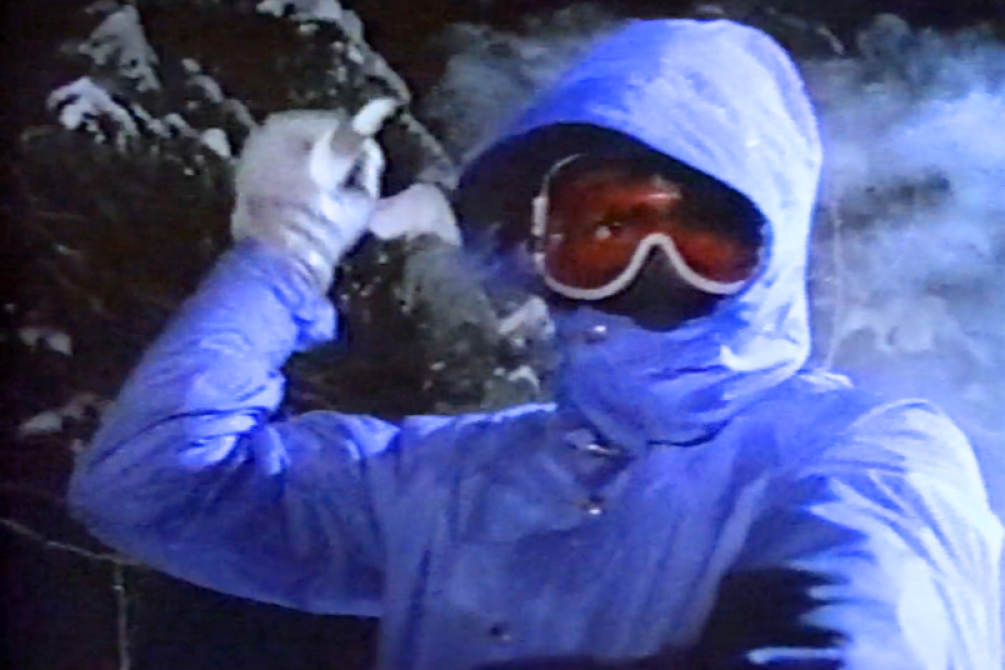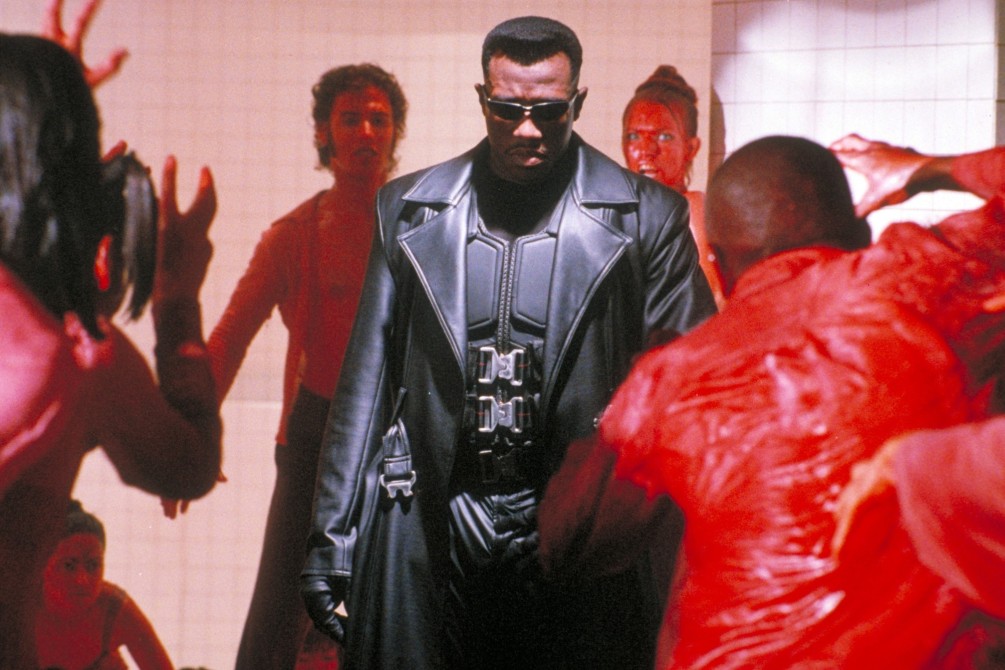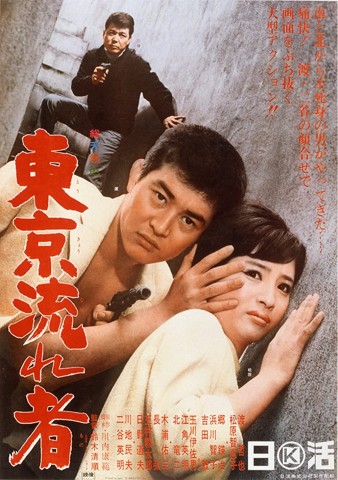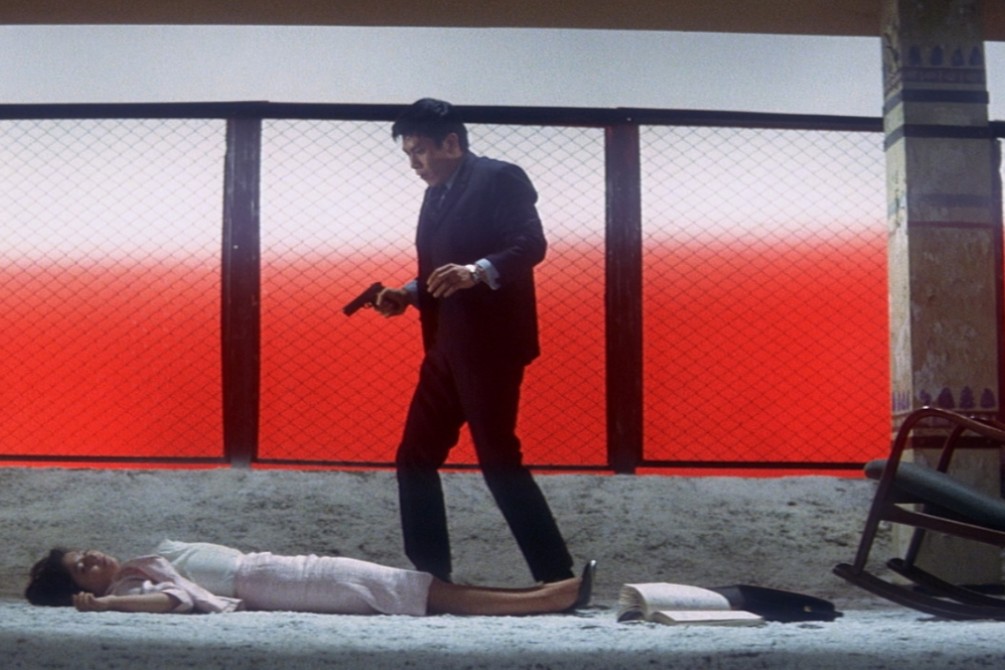
Programmed and Presented by Chicago Film Society
Introduced by William Carroll, author of the new book “Suzuki Seijun and Postwar Japanese Cinema"
With a filmography spanning coming-of-age comedies, sports dramas, sexploitation romps, and more, Seijun Suzuki lays claim to one of the most diverse, and flat-out wackiest, cinematic outputs of any director working in the ’50s and ’60s. Of all the genres he’s worked in, it’s Suzuki’s eccentric take on the yakuza flick that first made him a favorite with cinephiles in the West, with the colorful, hyper-stylized Tokyo Drifter perhaps the most enduring of all his films. “Phoenix” Tetsu (Tetsuya Watari), an enforcer for one of Tokyo’s major crime syndicates, is suddenly set adrift when his boss Kurata decides to disband their gang. Kurata’s retirement, and Tetsu’s subsequent rejection of overtures from former rivals, whips Tokyo’s criminal underworld into a frenzy, and before long Tetsu finds himself personally at war with every gangster in the city. Tokyo Drifter wound up being one of the final films Suzuki directed for longtime studio home Nikkatsu, who by the mid-’60s were growing weary of the director’s uncompromising stylistic quirks. In an attempt to rein Suzuki in, Nikkatsu saddled Tokyo Drifter with a shoestring budget and an imperative to make the film’s title theme, sung by Watari, a hit. (The film was greenlit in part to launch the actor’s singing career.) The studio’s interference had the opposite effect, pushing Suzuki’s trademark pop surrealism to its absolute limit and resulting in a film that’s as outre and absurdly fun as genre cinema gets.
35mm from Japan Foundation, permission Janus Films
Now Showing
February 14 – February 21 / View All
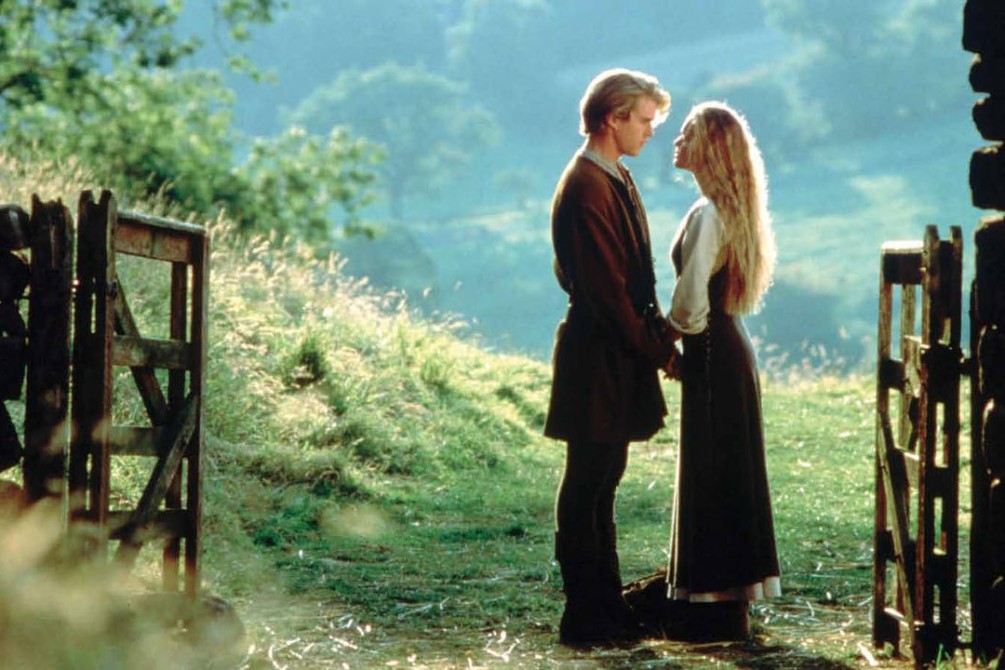
Working Girl: The Films of Barbara Stanwyck
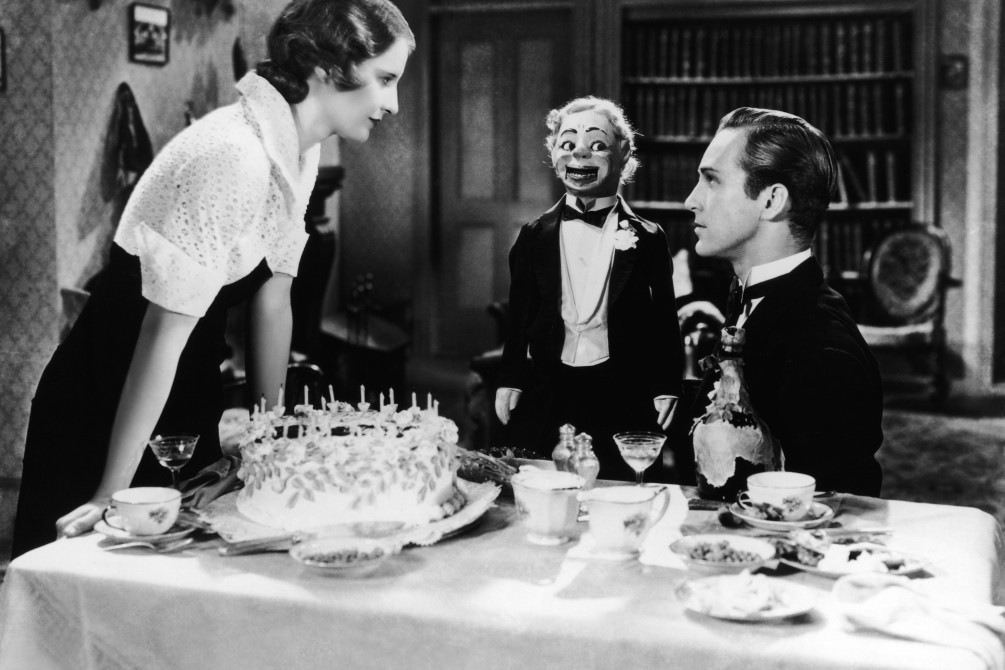

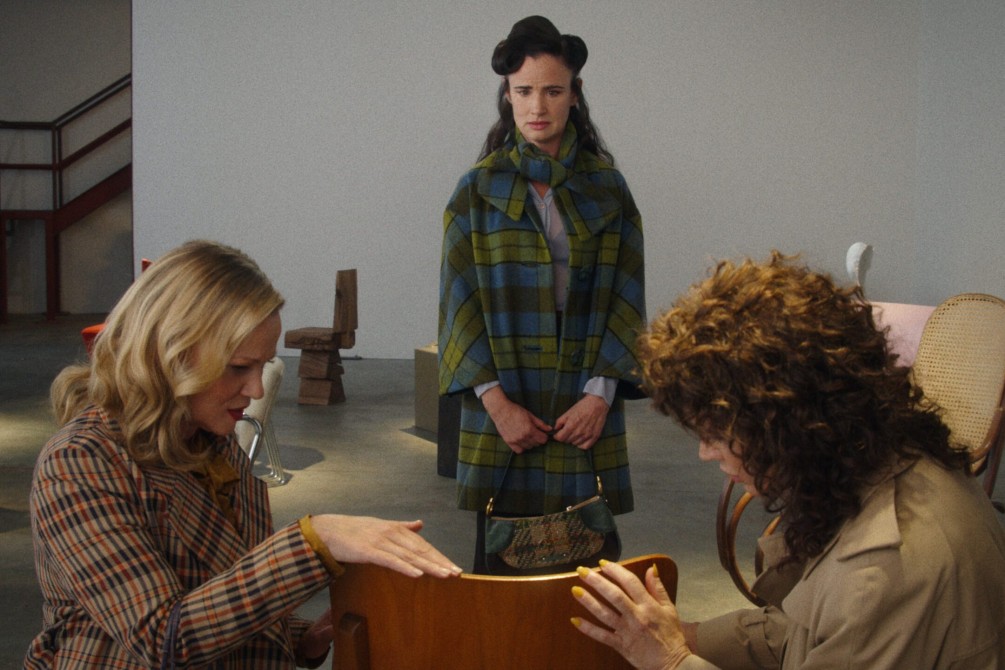
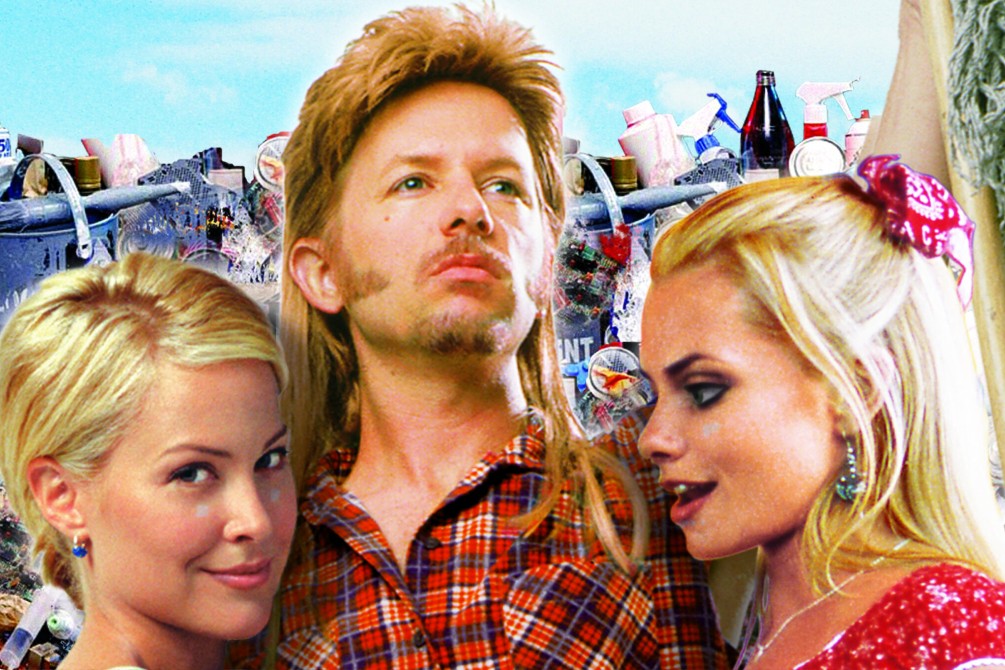
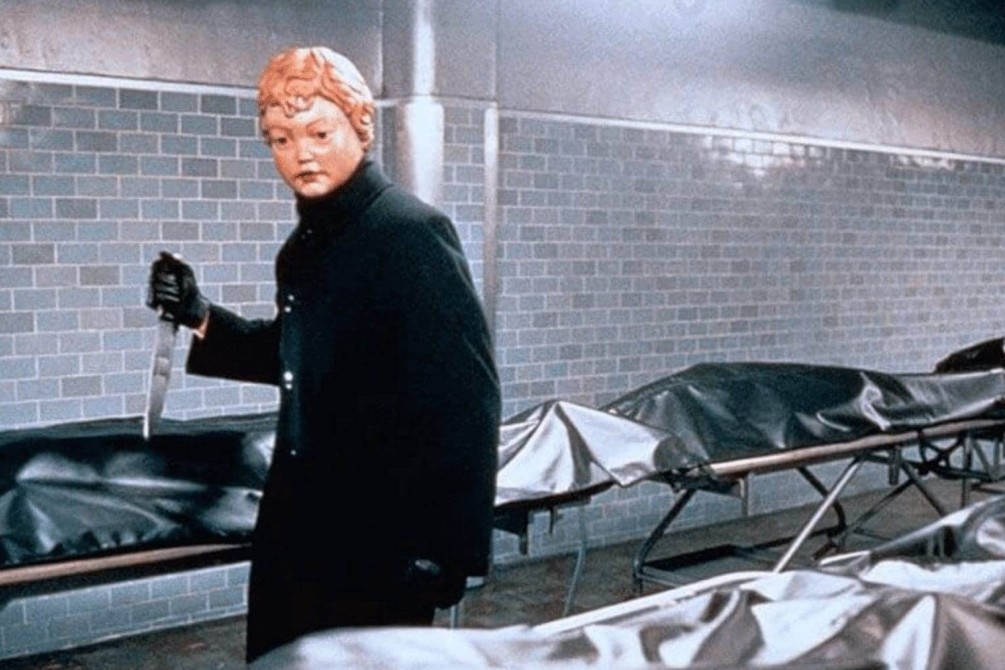
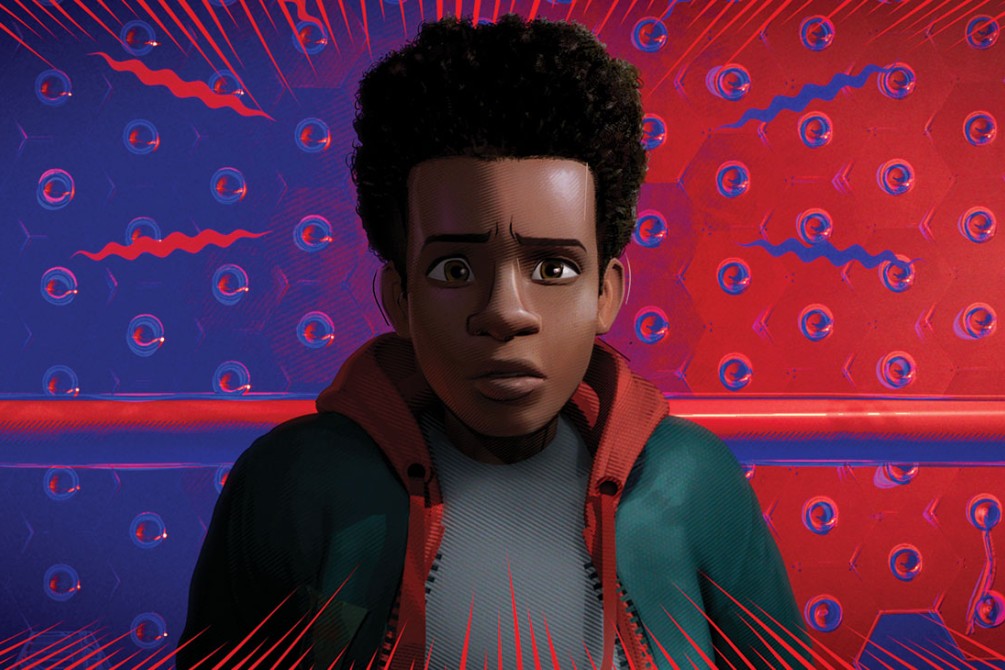
Brothers from Another Planet
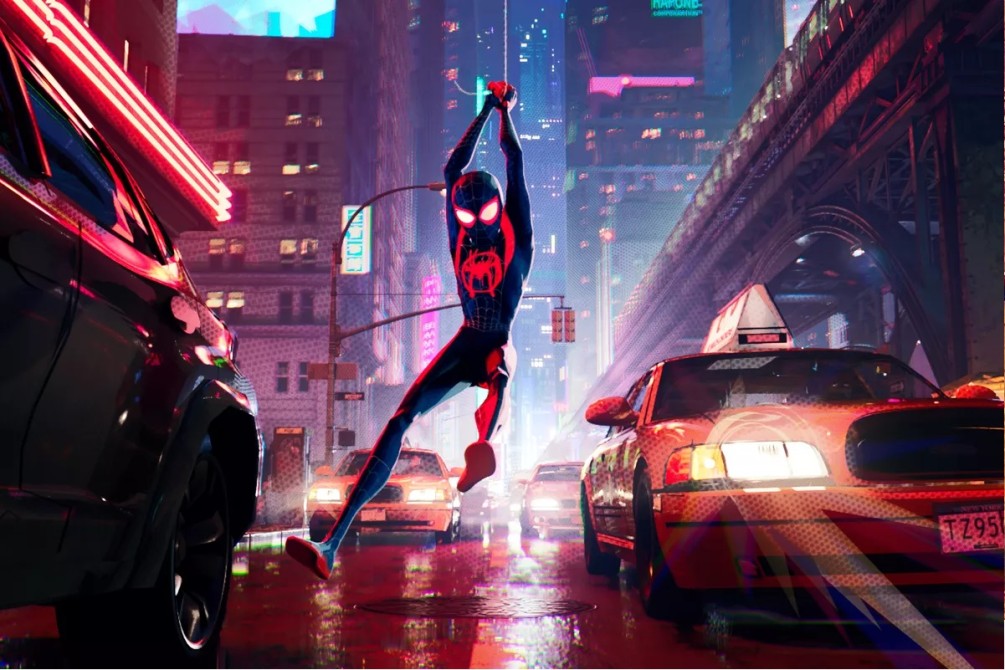
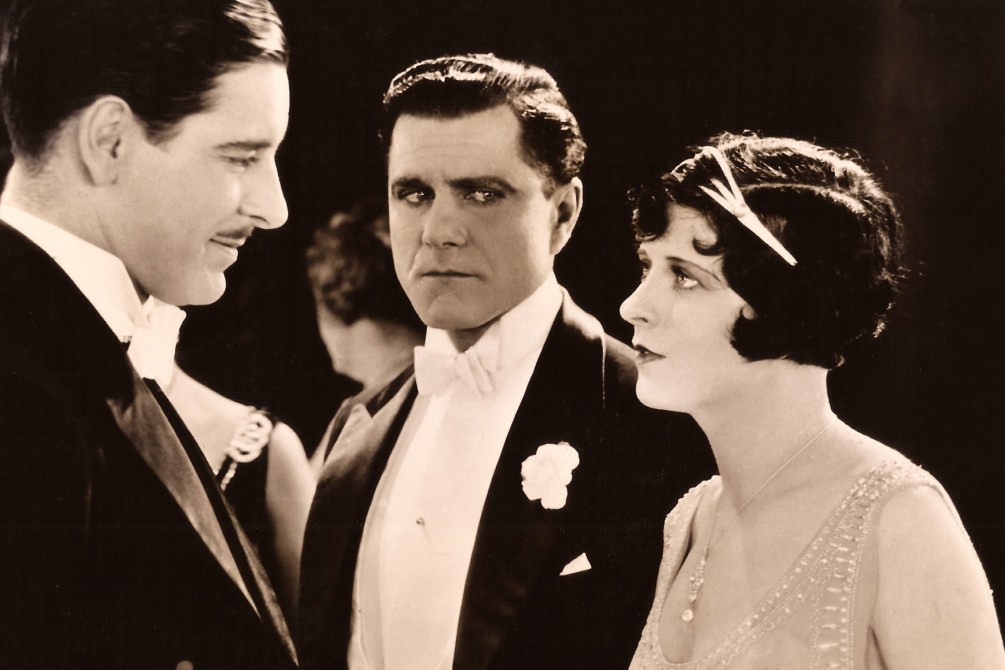
The Chicago Film Society Presents
